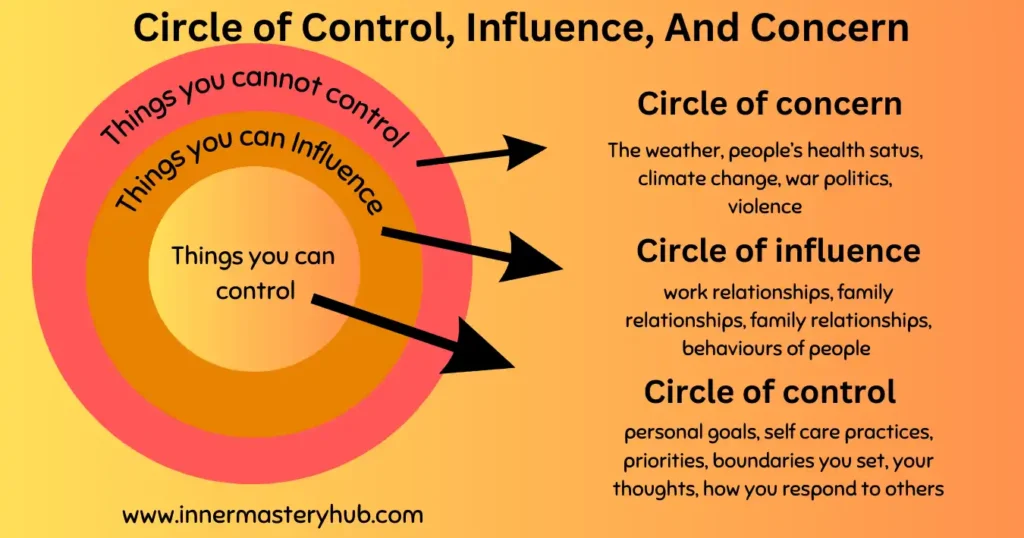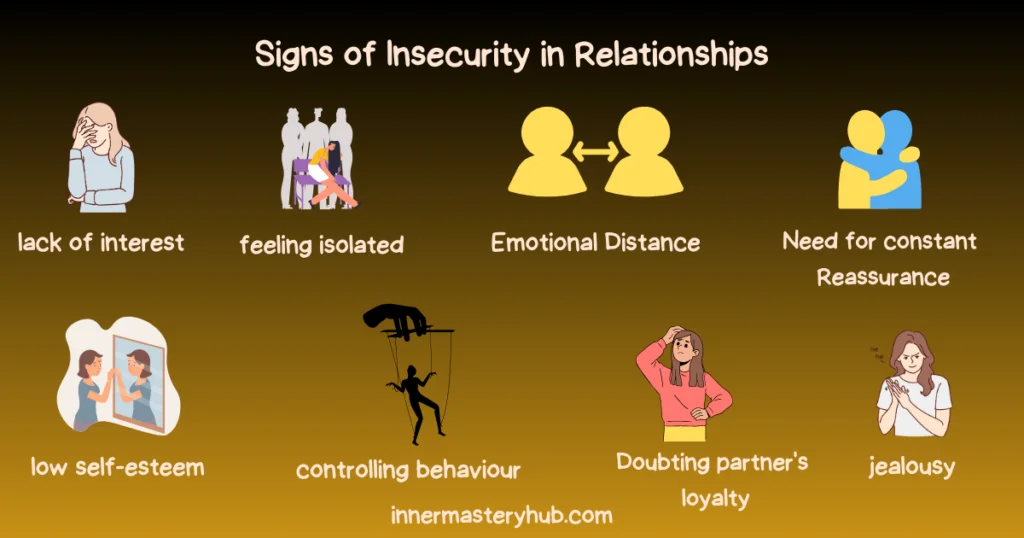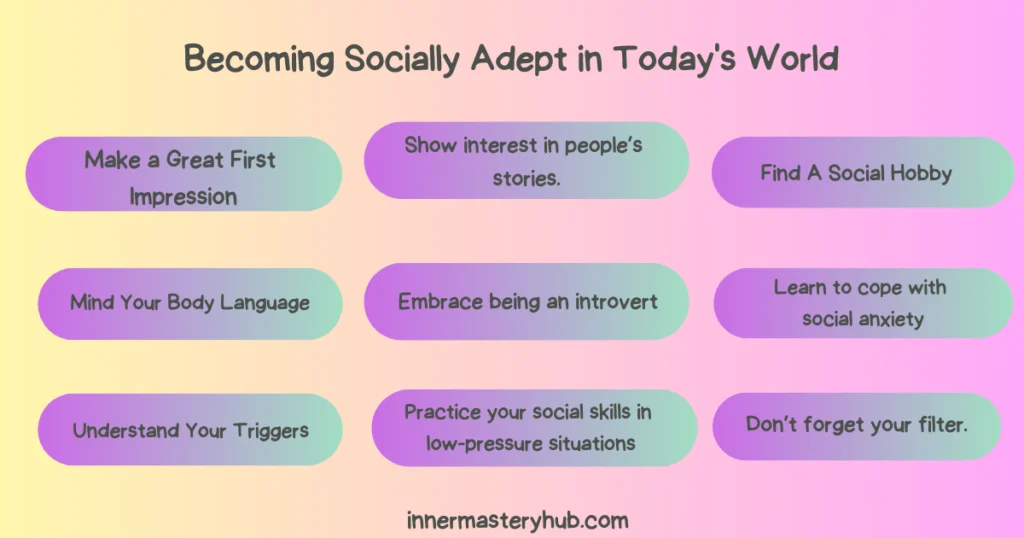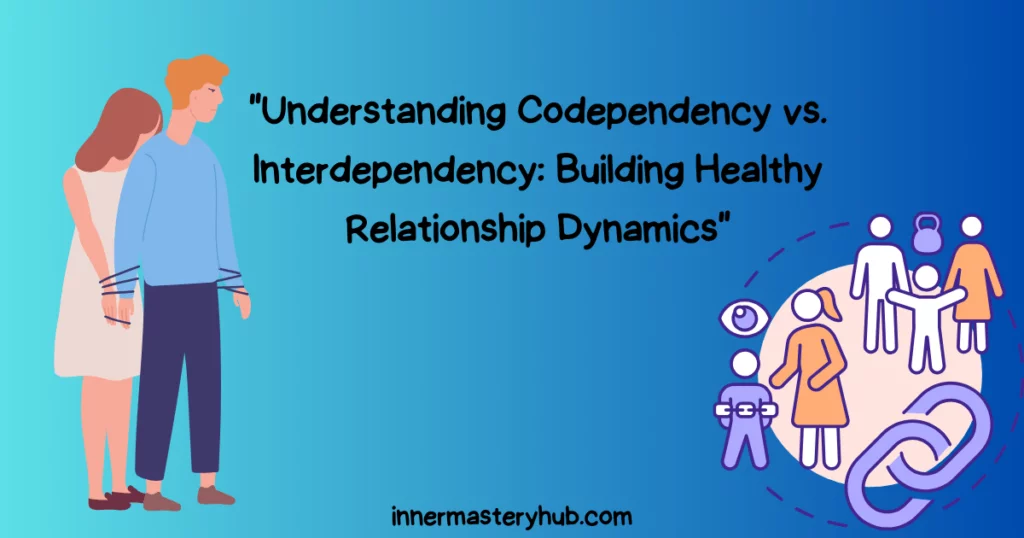
The smell of pancakes, the sound of laughing in the corridors, and the whispering of secrets beneath the kitchen table characterized Sunday mornings. Your family—the oddball group of people who have memories, DNA, and occasionally your last nerve in common. Similar to a box of mixed chocolates, you can never be sure which taste will be served next.
Our families, whether we choose them or they are a part of us from birth, influence our experiences, viewpoints, and basic selves. But when the ties that bind us together take unexpected turns, what happens when the familiar becomes mysterious?
Allow us to explore the erratic dynamics among families.
Table of contents
5 Bitter Truths of An Unpredictable Family
Following are the signs you might be dealing with an unpredictable family;
1. Your family doesn’t provide you with emotional support
You’ve always thought family would be your support and refuge in hard times. What if that foundation collapses? What if those who should support you disappoint?
Picture a dinner party with familiar faces. However, your heart aches with emptiness. Their eyes glaze over as you express your dreams, concerns, and vulnerabilities.
As they nod, their focus wanders. Your troubles seem insignificant and your feelings invisible.
You crave comfort, but the silence is deafening. No one answers your calls or reads your messages. You wonder if they notice your absence. Maybe they’re too preoccupied with their struggles. They may have grown apathetic, and complacent as acquaintances rather than supporters.
How do you cope? Being your anchor is learned. You look for people who understand your challenges. You create an outside-the-blood support network. You tell yourself that it’s okay to grieve your imagined family while embracing your chosen family.
Remember that unexpected sources might provide emotional comfort. Sometimes a stranger listens, a friend stays up late, or a professional helps you sort your feelings. Love those connections—they’re your safety net when an unsupportive family fails.
2. Growing up in a critical environment
Your childhood house appeared to get tiny under the pressure of observation; you recall the hushed chats and the lowered voices. Every word you said was examined, evaluated, and frequently judged to be lacking. It felt like you were living in a house full of mirrors, with every reflection emphasizing your shortcomings.
In this environment, you became an expert at self-editing. You learned to measure your sentences and to weigh your thoughts before releasing them into the world.
Your elusive muse became a perfection. You chased it hard, thinking that perfect attendance, perfect behavior, and steadfast obedience would get you accepted. Still, the completion line kept moving. There was always a fault to be found, an error to be fixed, no matter how hard you tried. If you were enough, you pondered.
To survive, you donned an invisible armor—a shield against the constant barrage of judgment. Still, in the middle of the cruelty, traces of compassion appeared. You were aware of the vulnerability of people’s hearts and the wounds that continued long after the words were said.
And maybe with that realization, you discovered a means to end the pattern. You made a commitment to change; to be kind instead of judgmental, to uplift people rather than put them down.
But keep in mind that you are greater than the sum of their criticisms. Their standards do not determine your value. Take your developed empathy with you as you enter adulthood. Act as the kind voice you wish you had heard from the unpredictable family.
3. Unpredictable or inconsistent parenting
Childhood patterns often echo into adulthood. The child who grew up tiptoeing around emotions may struggle to form healthy relationships. They might crave consistency yet fear it, oscillating between seeking approval and expecting rejection.
Experiencing a parent’s inconsistent behavior might indeed make one feel anxious and uneasy. A parent who fluctuates between warmth and distance makes you wonder where you fit into the relationship. Their inability to control their mood swings turns into a continual source of tension.
Comparably, unclear expectations and uneven rules can make you feel uneasy and bewildered. These emotions might linger into adulthood and affect how you relate to and view family get-togethers.
4. Toxic Environment
Unease around family members and a fear of conflict can undoubtedly arise from growing up in a household where disagreements, clashes, or awkward silences are standard. If this was you, you may have been on edge all the time, never knowing when the next fight was going to start.
High-conflict households might have a negative atmosphere that fosters worry, dread, and discomfort, which can persist into adulthood.
Sadly, these kinds of settings frequently result in family get-togethers turning into battlefields, which adds to the anxiety surrounding these occasions. Sometimes people shun these get-togethers rather than look forward to them because they fear confrontation or stress. It’s critical to acknowledge these feelings and ask for help when necessary.
5. Early burden of responsibilities
As you navigate young adulthood, you find yourself juggling various responsibilities. These tasks may seem overwhelming at times, but they are essential for your independence and personal growth.
You weren’t always sure to laugh when you were a child. You handled your unpredictable family relationships like a delicate dance, with daily events consisting of emotional upheavals and abrupt deviations.
Your young shoulders were suddenly burdened with weighty and unexpected responsibilities. It was difficult terrain to traverse, but you came out stronger and more resilient than before—a strength you now proudly display.
How to deal with Unsupportive family
Lets explore how we can handle these challenges while dealing with unsupportive family;
Learn Self Reliance
Remember, unsupportive friends and family shouldn’t hinder your goals. Relying solely on others isn’t sustainable; everyone has their own priorities. Instead, focus on self-fueling goals and develop the necessary skills.
Whether or not others provide support should be secondary. Embrace this opportunity to build your identity beyond existing relationships and discover what you’re capable of achieving independently.
Acknowledge Not Everybody understands
When you feel as though your family is not supporting you, keep in mind that they can be feeling this way for other reasons. Social standards or upbringing can have a profoundly automatic effect on an individual’s conduct. It might occasionally help to educate unsupportive family members about depression.
Consider family education initiatives like Mental Health America offer invaluable information to deal with unsupportive family.
Build healthy Networks
Seeking out additional assistance from friends and family is essential. Online or in-person depression support groups put you in touch with people who have similar experiences. These quick friendships offer empathy and a secure environment where you may talk about your difficulties without worrying about being judged and lack of family support.
Dealing with unsupportive siblings
Having unsupportive siblings might be annoying, but keep in mind that their negativity does not define who you are. Put your energy into creating a solid support network of friends, mentors, or positive online communities. If necessary, don’t be scared to establish limits with your siblings.
Put your mental well-being first and surround yourself with encouraging people. You shouldn’t let their lack of encouragement stop you from following your goals.






